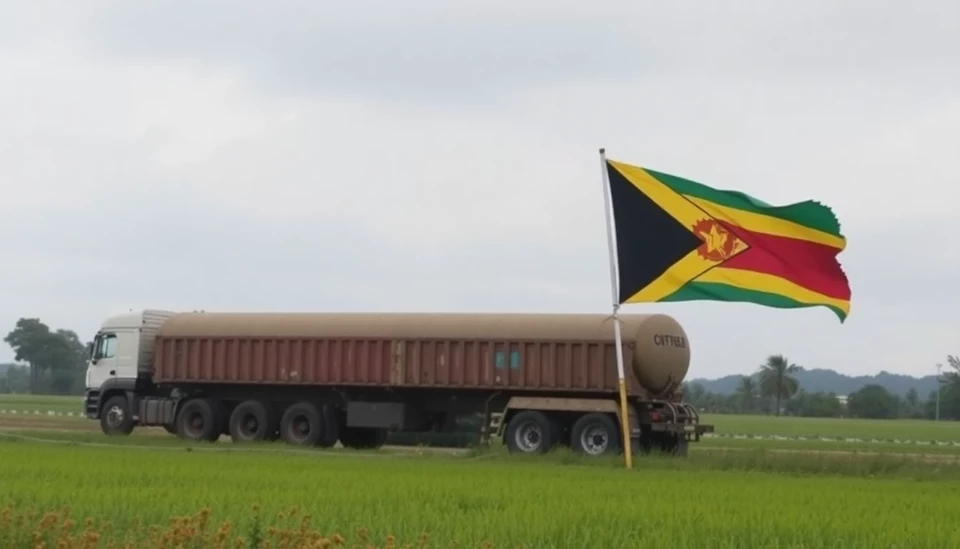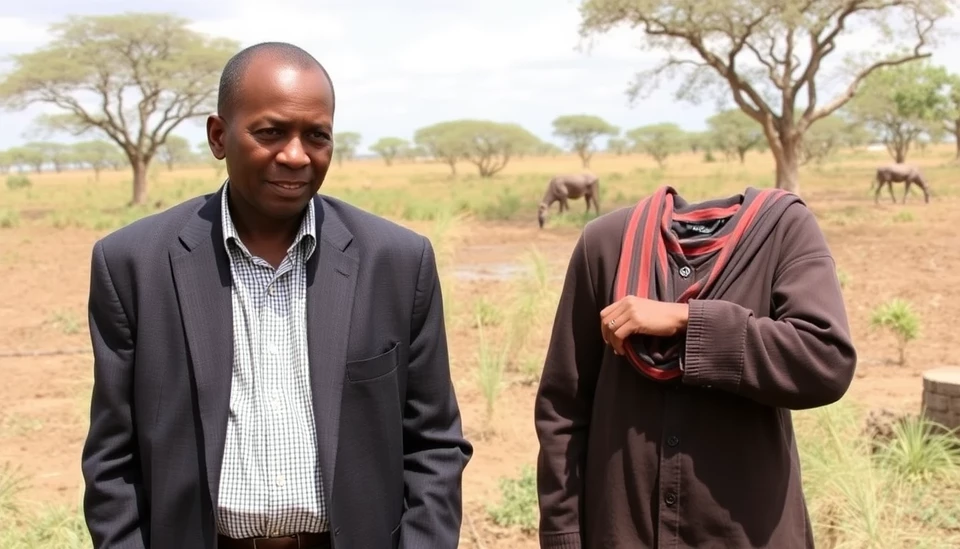
In a landmark development, Zimbabwe has commenced the process of compensating former farming landowners for agricultural properties that were seized by the government during the controversial land reform program of the early 2000s. This initiative marks a significant milestone in the nation’s efforts to reconcile past grievances and move forward in revitalizing its agricultural sector, which has played a crucial role in the country's economy.
The announcement comes after years of negotiations and mounting pressure from various international stakeholders for Zimbabwe to meet its financial obligations regarding compensation. The country's government has pledged to allocate $3.5 billion in compensation payments to over 4,500 landowners whose farms were confiscated. These payments are intended to serve not only as a form of restitution but also to foster a more stable investment climate in Zimbabwe.
During a press conference held last week, Zimbabwe’s Finance Minister, Mthuli Ncube, detailed the government's commitment to fulfilling these compensation agreements. He emphasized that meeting this obligation is vital for restoring both domestic and international confidence in the country's agricultural landscape. With agriculture being a key sector for Zimbabwe’s economy, bolstering investor trust is imperative for sustainable development.
This compensation initiative has been well-received by several former landowners and their advocates, who have long claimed that the lack of compensation for land seizures led to significant economic decline and displaced livelihoods. The land reform program was intended to address historical inequalities in land ownership; however, it resulted in the drastic decline of agricultural productivity and contributed to food shortages across the nation.
Local economists have indicated that honoring these compensation commitments could enhance Zimbabwe's credibility among international financial institutions and donors. By signaling a willingness to resolve past conflicts, the government could unlock potential investments and support that have been stymied by an historically charged land tenure atmosphere.
While the government's announcement paves the way for satisfying outstanding debts, critics remain cautious. Some skeptics question the accuracy of the compensation valuations and express concerns over the sourcing of funds necessary to execute this ambitious plan. Transparency will be critical as the government embarks on this significant financial undertaking.
Moreover, the transition back to a farm-economy must also address additional challenges, such as climate resilience, crop diversification, and access to modern farming technology, to ensure that the agricultural sector can meet the demands of both domestic consumption and export markets.
With the ball now rolling on compensation payments, all eyes will be on Zimbabwe to see how effectively it can navigate this transition while balancing its restoration of former landowner rights and the aspirations of new farmers who currently occupy the land. Striking this balance will be essential for fostering a more cohesive future for Zimbabwe's agricultural community.
The government’s next steps will be crucial in determining the long-term impact of this compensation program on the broader economy and public sentiment surrounding land ownership in Zimbabwe. It stands as a test of faith not only for the local populace but also for the international community watching closely to gauge the legitimacy of Zimbabwe’s commitment to transparency and economic recovery.
As Zimbabwe embarks on this new chapter, its approach towards achieving equitable agricultural reform while enhancing its economic resilience will set the tone for future development in the wake of a tumultuous past.
#Zimbabwe #FarmCompensation #LandReform #Agriculture #EconomicRecovery #InternationalInvestment #HistoricalGrievance
Author: Rachel Greene




